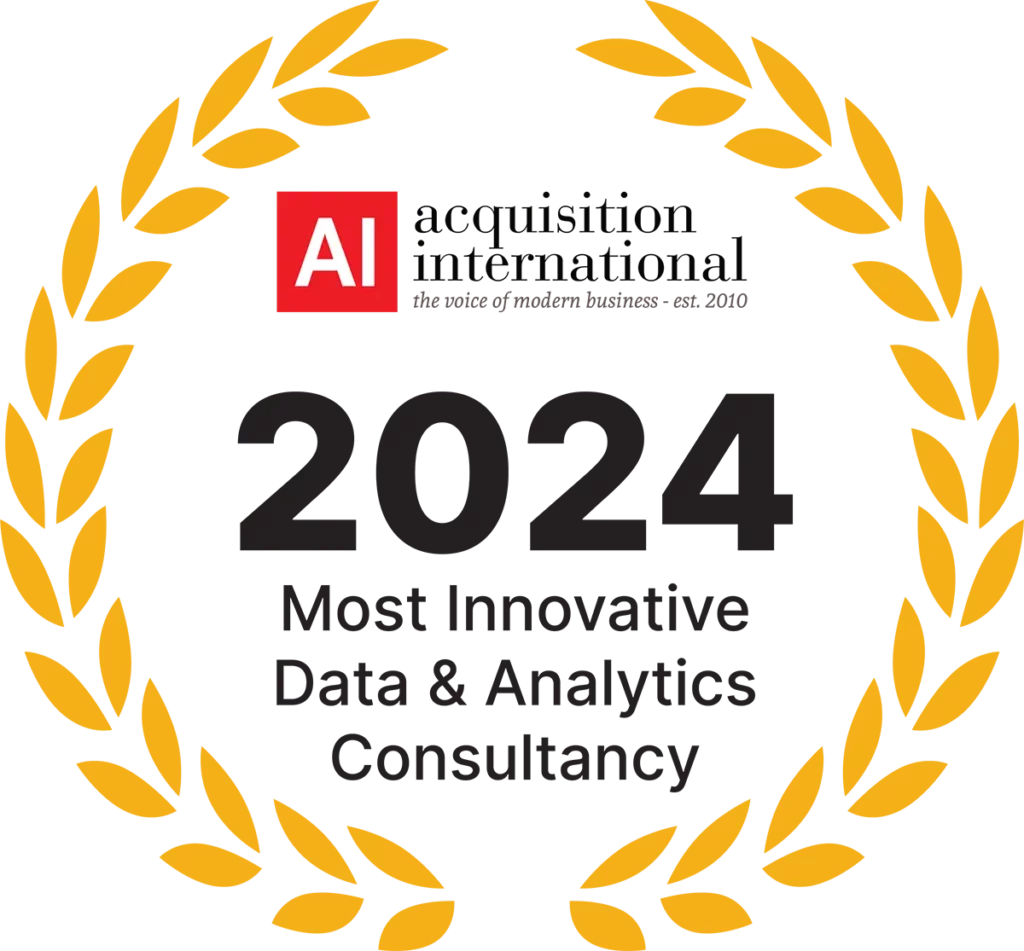Revolutionizing Supply Chains with AI-Enabled Tools

John Harmann
Principal
Evolution Analytics, LLC.
Posted: January 14, 2025
Growing up in Cincinnati, I was surrounded by the hum of supply chain activity. As one of the largest inland ports in the U.S., the city was a crossroads of commerce, and logistics were a way of life. My journey took me from Cincinnati to DePauw University near Indianapolis, another transportation hub, and eventually to Lincolnshire, a suburb of Chicago, where I’ve spent years working with some of the most innovative logistics firms in the world. These experiences have given me a front-row seat to the evolution of supply chains and the remarkable ways AI is now transforming this critical industry.
When it comes to supply chain management, you face constant pressure to adapt to global disruptions, meet customer expectations, and optimize operations—all while keeping costs under control. The good news is that AI-powered automation is stepping up to meet these challenges, offering transformative solutions across key areas of your supply chain.
Real-Time Optimization
AI is enabling supply chains to become smarter and more agile than ever before. Imagine having real-time insights into your inventory levels, supplier performance, and transportation routes. With AI, you can dynamically optimize these variables to respond instantly to disruptions, whether it’s a weather event delaying shipments or a sudden spike in demand. For example, AI algorithms can reroute shipments to avoid delays, ensuring goods arrive on time and keeping your customers happy. By leveraging real-time data, you’re not just reacting to problems—you’re staying ahead of them.
Predictive Analytics
Stockouts and overproduction have long been the bane of supply chain managers. But AI’s predictive capabilities are a game-changer. By analyzing historical data, market trends, and even social signals, AI can help you forecast demand with unprecedented accuracy. This means you’ll know exactly how much inventory to produce, when to scale up or down, and which markets to prioritize. The result? Reduced waste, optimized inventory levels, and a supply chain that’s as efficient as it is resilient.
Smarter Supplier Management
Supplier relationships can make or break your supply chain, and AI is redefining how you manage them. With AI-powered tools, you can monitor supplier performance in real-time, flagging potential risks before they become critical issues. Whether it’s tracking lead times, ensuring compliance, or identifying alternative suppliers in the face of disruption, AI empowers you to make data-driven decisions that strengthen your supply chain’s resilience.
One of the most impactful innovations AI enables is the use of a digital control tower. A control tower acts as a centralized hub, offering end-to-end visibility across your supply chain. By aggregating real-time data from suppliers, manufacturers, and logistics providers, the control tower gives you a comprehensive view of every moving part. This level of transparency allows you to proactively address potential bottlenecks, allocate resources more effectively, and maintain seamless operations even in the face of disruption. The control tower’s predictive analytics and AI-driven insights ensure you’re always one step ahead, fostering stronger supplier relationships and a more resilient supply chain.
Final Thoughts
As someone who has spent decades at the intersection of technology and logistics, I’m inspired by how AI is reshaping the supply chain landscape. From Cincinnati to Chicago, I’ve seen firsthand the ingenuity and grit that drive this industry. Now, with AI-powered automation, the possibilities are limitless. It’s an exciting time to be part of this transformation, and I’m thrilled to help you harness these innovations to build smarter, more resilient supply chains.








